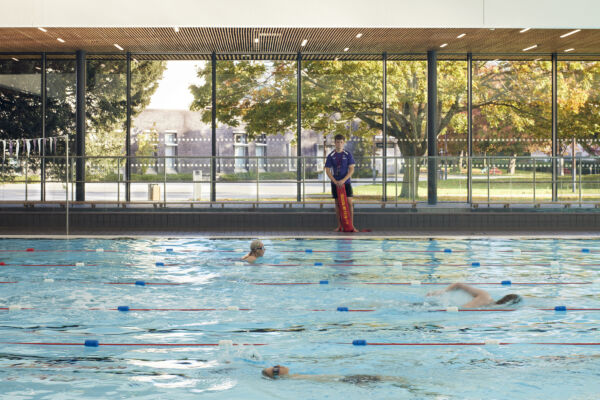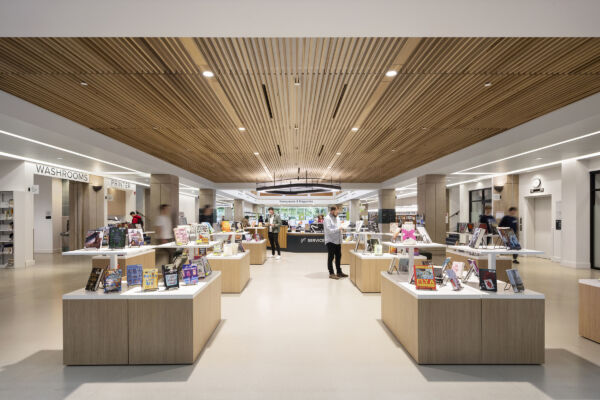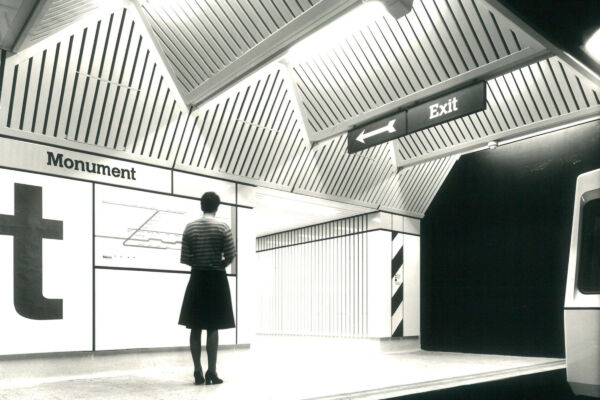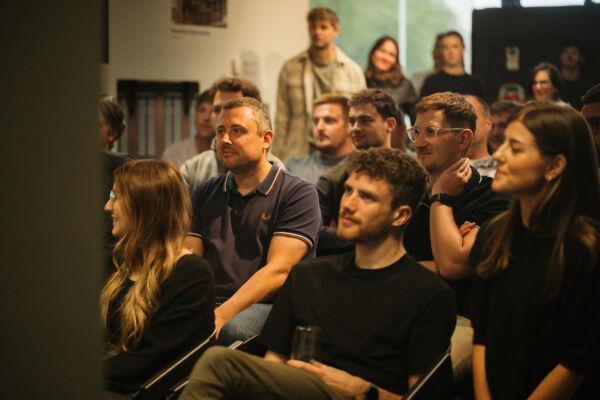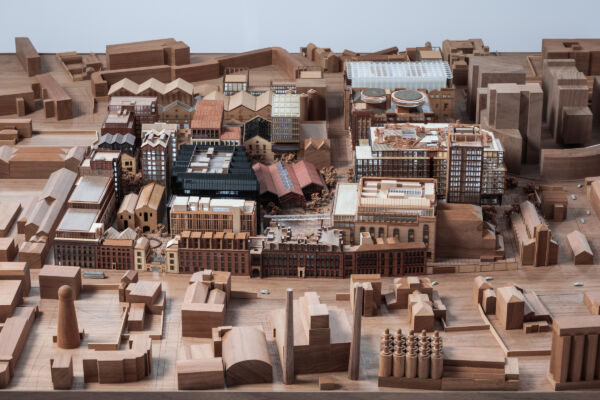Last September, we began another academic year leading a postgraduate studio at Newcastle University, with a ‘new from old’ theme focusing firmly on retrofit.
This year’s theme is apparently timely; one in eight architecture students are taught nothing about retrofit, according to research published by the Architects’ Journal at the end of 2022…
Our studio ‘Material Change’ is now in its fifth year and sets a new brief each time, taking the climate crisis as its central challenge. We often work with local sites, and this year myself, Irina Korneychuk and Danka Stefan have set a brief for students to consider the reuse and transformation of existing buildings in the North East.







